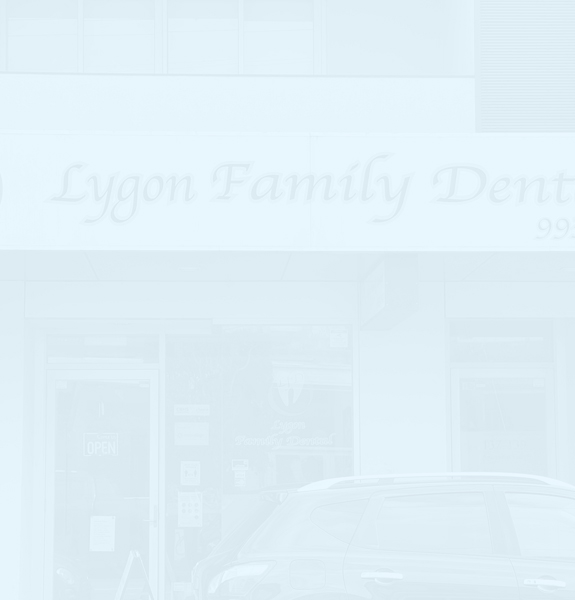How Long Do Porcelain Veneers Last ? Estimating The Lifespan Of Your Perfect Smile
Porcelain veneers are also referred as dental veneers or dental porcelain laminates
They are wafer-thin, custom-made shells of tooth-colored materials. Porcelain veneers are designed to cover the front surface of your teeth in order to improve its appearance.
By changing their color, shape, size, or length, these shells are bonded to the front of the teeth. Porcelain or resin composite materials are used in the production of dental veneers.
Porcelain veneers have higher resistance against stains. They perform better than resin veneers. Moreover, they are better at mimicking the light reflecting properties of natural teeth.
How long do dental veneers last?
Generally, veneers last between 5 and 10 years. After this duration, your dental veneers would need a replacement.
What kinds of veneers are there?
There are two kinds of veneers. They are composite and porcelain. Both the veneer procedures involve the placement of tooth-colored material over the front surface of the tooth.
- Composite Veneers: Composite resin is used in the making of white fillings Later, they are directly placed on the tooth and cured with a blue light. Composite resin veneers significantly help in improving the appearance of the teeth. However, composite resin veneers are more porous in nature when compared to porcelain veneers. Over time, they tend to stain and chip and may require regular polishing in order to address the spoiling.
- Porcelain Veneers: Individuals who suffer from misaligned, discolored, heavily chipped, broken or misshapen teeth can greatly benefit from porcelain veneers. They are thin, tooth-colored facings used to cover the front surface of the teeth.
What kinds of problems can dental veneers fix for you?
- Teeth that are discolored because of root canal treatment
- Clear stains that are caused from tetracycline or other drugs, excessive fluoride, or due to the presence of large resin fillings
- Worn down teeth
- Chipped or broken teeth
- Misaligned, irregularly shaped or uneven teeth like some will have craters or bulges in them
- Help close the gap between the teeth
What are the key benefits of dental veneers?
- Porcelain veneers are stain resistant
- Color selection of your porcelain veneer where your dark teeth can appear whiter
- They will help with a natural tooth appearance
- Gum tissue has a higher tolerance with porcelain
- They do not require an extensive shaping prior to the procedure of crowns and despite that they offer a stronger, more aesthetic alternative.
What are the some of the disadvantages of dental veneers?
- It is not a reversible process
- Veneers are expensive when compared to composite resin bonding
- Should they chip or crack, veneers are usually not repairable
- Without the presence of enamel, your teeth become more sensitive to cold and hot foods and beverages
- There is a chance where the veneer’s will not exactly match the color of the other teeth
- Once in place, the veneer’s color cannot be altered as well
- If you are considering the option of whitening your teeth, you need to do so before getting veneers
- Teeth with veneers can still encounter decay
- Veneers are not a good option for patients with unhealthy teeth or for individuals who have a sufficient amount of existing enamel on the tooth surface
- Porcelain veneers are not suitable for patients who tend to clench and grind their teeth. These kinds of activities can cause the veneers to chip or crack.
Is special care and attention required for dental veneers?
- No, dental veneers don’t require any kind of special care.
- As you normally would, you should continue to maintain a good practice of oral hygiene, which includes: brushing, flossing, and rinsing your mouth with an antiseptic mouthwash.
- Porcelain veneers are resistant to staining. However, your dentist may still recommend you to avoid stain-causing foods or beverages like: tea, coffee or red wine.
Do we have any alternatives to dental veneers?
Bondings and crowns are the next alternatives for veneers. Veneers are the perfect intermediate option between bondings and crowns. They are best for patients who intend to change the shape of their teeth more than just a little bit (as it is achieved by bonding) but not enough to undergo a crown procedure.
Do you need any kind of assistance with veneers, turn to Lygon Family Dental
The professional and experienced team at Lygon Family Dental is here to help you with veneers. We will give you a thorough and comprehensive diagnosis before we proceed with any kind of treatment.
You will receive reliable dental care services for you and your entire family. If you have any questions, feel free to contact us today. We look forward to hearing from you. You can get in touch with us at (03) 9939 0323.

